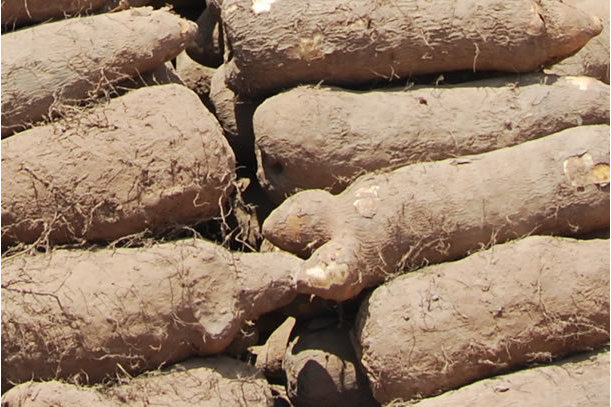Latest News
Nigeria’s inflation rises to 18.17 per cent

News Highlight
Yobe and Kebbi States recorded deflation in the average price of food items in March 2021.
Data released today by National Bureau of Statistics (NBS) shows that Nigeria’s inflation rate rose to 18.17 per cent, year-on-year, in March 2021. The consumer price index (CPI), which measures inflation, recorded 0.82 percentage points increase over the 17.33 per cent recorded a month earlier.
According to the NBS data, increases were recorded in all the Classification of Individual Consumption by Purpose (COICOP) divisions that yielded the headline index in the reporting month of March 2021. On month-on-month basis, the headline index increased by 1.56 per cent, representing 0.02 percentage points increase over the 1.54 per cent recorded the previous month.
The urban inflation index increased by 18.76 per cent year-on-year, from 17.92 per cent recorded a month earlier, while the rural inflation rate increased by 17.60 per cent compared to 16.77 per cent recorded the previous month.
On month-on-month basis, the urban index rose by 1.60 per cent, up by 0.02 percentage points compared to the rate recorded in February, while the rural index also rose by 1.52 per cent last month, up by 0.02 percentage points compared to the 1.50 per cent recorded the previous month.
The composite food index rose by 22.95 per cent, compared to 21.79 percent in February. On month-on-month basis, the index increased by 1.90 per cent, a 0.01 percentage point increase over 1.89 per cent recorded in February.
NBS said the rise in the food index was caused by increases in prices of bread and cereals, potatoes, yam and other tubers, meat, vegetable, fish, oils and fats and fruits.
Core inflation, which measures all items less farm produce which usually have volatile prices, rose by 12.67 per cent, which represents 0.29 percentage points increase compared with 12.38 per cent recorded a month earlier.
On month-on-month basis, the core sub-index increased by 1.06 per cent in March, down by 0.15 percentage points when compared with 1.21 per cent recorded in February.
According to the statistics agency, the highest increases were recorded in the prices of passenger transport by air, medical services, miscellaneous services relating to the dwelling, passenger transport by road, hospital services, pharmaceutical products, paramedical services, vehicle spare parts, dental services, motor cars, maintenance and repair of personal transport equipment, and hairdressing salons and personal grooming establishment.
In March 2021, food inflation on year-on-year basis was highest in Kogi at 29.71 per cent, 27.02 per cent in Sokoto, 26.59 per cent in Ebonyi, while Abuja at 20.10 per cent, 19.98 per cent in Kebbi, and 18.61 per cent in Bauchi recorded the slowest increases.
On month-on-month basis, however, food inflation rate in March was highest in Rivers at 3.52 per cent, 2.92 per cent in Niger and 2.85 per cent in Gombe, while Zamfara recorded the slowest rate of 0.51 per cent. Yobe and Kebbi recorded deflation in the average food price.
Related News
Latest Blogs
- Tinubu’s promising revolution in infrastructure development
- Has Tinubu’s economic reform started working?
- Implications of relaxed FCPA enforcement in Nigeria
- Between legality and legitimacy of Egbetokun’s tenure extension
- Of American aid and imperial destabilisation of Nigeria
Most Popular News
- Artificial intelligence can help to reduce youth unemployment in Africa – ...
- TCN assures fully functional SCADA system in six months’ time
- MTN Nigeria records N400 billion net loss in full year 2024 results
- Analyst provides mixed reaction to Nigerian equity market performance
- CBN net reserve hits $23.1 billion, the highest in three years
- Tinubu appoints new Board Chair, Group CEO for NNPC Limited









